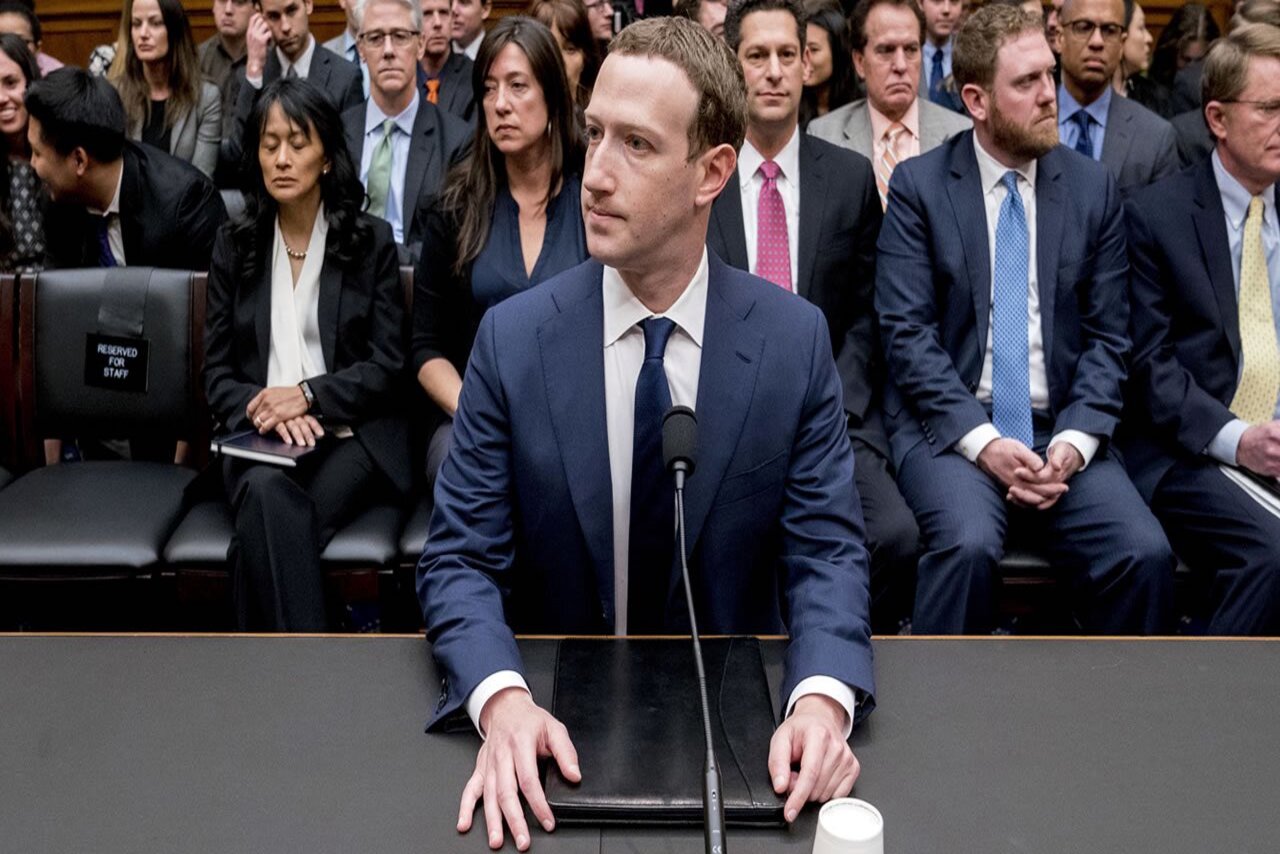A risky college prank that went wrong twenty years ago would breed the most influential social media platform ever seen in the world. The Facebook history tells us of the wrong idea of campus amusement of Mark Zuckerberg, who turned it into a multi-billion-dollar empire that changed the world of human communications forever.
The history of Facebook starts with scandal and not with inspiration. In the month of October 2003, a Harvard sophomore known as Mark Zuckerberg developed Facemash, which was a site that stole the student photographs from the Facebook university databases illegally. This naughty web page enabled people to rate the beauty of their peers by inviting one another to pit against each other by showing their pictures, and this provided an instant sensation on the campus that would eventually engrave history in Facebook.
University officials promptly closed down Facemash in a few days, and Zuckerberg was now subject to expulsion in cases of security breach and invasion of privacy. Nevertheless, this scandalous story sowed the ideas that had formed the most important point in the history of social media.
February 4, 2004, is an unforgettable date in the history of Facebook as it was the day that Zuckerberg developed TheFacebook, a community site devoted to the students of Harvard. This platform was unlike its predecessor in that it was more about real social connection and not based on shallow comparisons. Its name was a deliberate allusion to the old university face books – printed directories to enable student to find out who their classmates were.
Such a strategic move in the history of Facebook prompted attention as it received 1,200 users in the first 24 hours after its introduction. Nevertheless, success has continued to introduce new obstacles to the form of accusations by the Harvard seniors Cameron Winklevoss, Tyler Winklevoss, and Divya Narendra, as Zuckerberg stole their concept of social networking used in HarvardConnection.
The history of Facebook would not be complete without mentioning the teamwork that materialized the existence of Facebook exist. Business was operated by Eduardo Saverin, and he had imperative initial investments in the business, whereas Dustin Moskovitz brought programming skills, which further helped in the increasing functionality of the platform. Chris Hughes was in charge of public relations and marketing approach, and Andrew McCollum was the person to design the visual appearance that characterized early Facebook aesthetics.
Such a team led to TheFacebook spreading out of Harvard with haste, strategically conquering reputable universities throughout America. All the expansions were logical actions in the history of Facebook as they created an air of exclusivity and created demand among the left-out institutions.
Another significant historic moment of Facebook was in 2004 when the co-founder of Napster, Sean Parker, came on board to serve as the company president. Parker had an experience of internet disruption that came in handy when the history of Facebook took its most dynamic turn.
It has also been signaled by the 2005 acquisition of the facebook.com domain for $200,000, which signaled the growing face of the platform. The removal of the word The in the name represented the transition of the college experiment to the international platform, and one of the key moments in the history of Facebook.
In 2006, Accel Partners invested funding amounting to 12.7million dollars in Facebook, which propelled the history of Facebook at a high pace. Such financing made it possible to spread beyond universities to high schools and then to corporate networks before the innovative step to allow all users aged 13 years and more with genuine email addresses.
September 2006 can be considered the most remarkable event in Facebook’s history as geographic and demographic limitations vanished completely. It is this democratization that turned Facebook into a universal communication vehicle as opposed to a network that was restricted to college usage.
In the year 2009, Facebook’s history was so celebrative upon the fact that Compete.com claimed its accolade as the most popular social network service globally. It confirmed the idea of Zuckerberg and made Facebook the leader in the sphere of online communication.


















